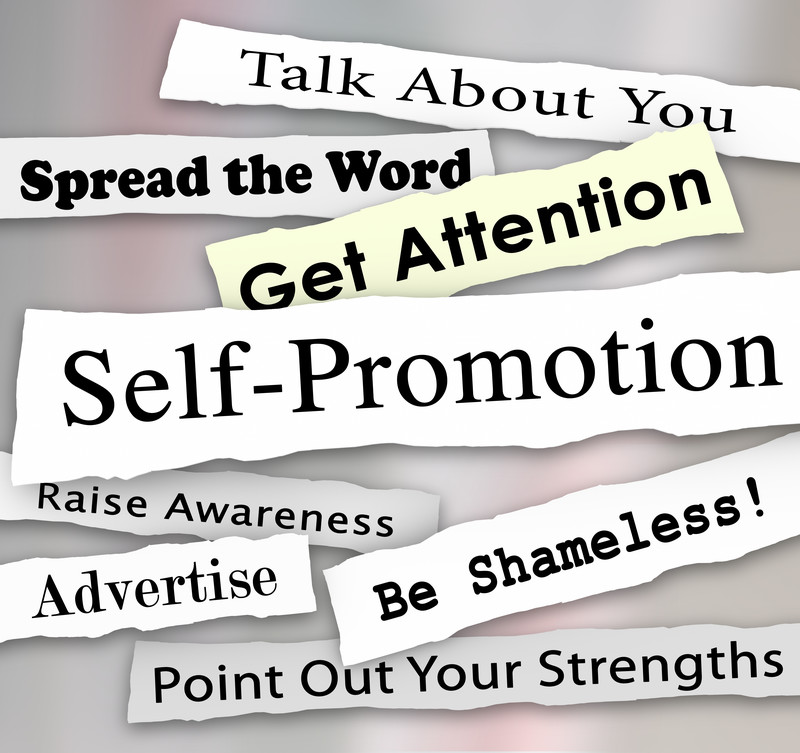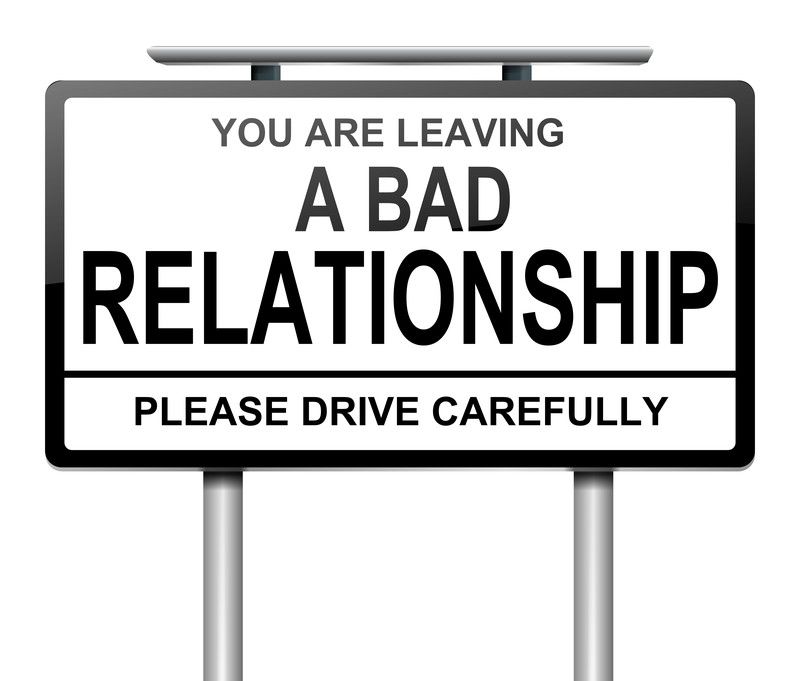What Is The Opposite Of Empath?
The opposite of empath is a narcissist.
 The term narcissist originates in an ancient Greek myth. Narcissus, the son of the river god Cephissus and the naiad, or nymph, Liriope, would live to old age if he never looked at himself. He had gained many female admirers, entranced by his beauty, but he rejected them all.
The term narcissist originates in an ancient Greek myth. Narcissus, the son of the river god Cephissus and the naiad, or nymph, Liriope, would live to old age if he never looked at himself. He had gained many female admirers, entranced by his beauty, but he rejected them all.
One of them, Echo, devastated by his rejection, withdrew from the world. All that was left of her was a whisper, heard by the goddess Nemesis. Nemesis punished Narcissus by making him fall in love with his own reflection. He stared at his image in a pool of water, not drinking water or eating, until he died. A narcissus flowered in his absence. The lesson taught by this Greek myth is that true beauty only emerges when obsessive and excessive self-love dies.
What Is An Overt Maladaptive Narcissist?
Overt means that the personality characteristics of narcissism are easy to see.
Maladaptive means that the narcissistic behaviors do not serve the greater good of the narcissist.
Narcissist describes a person who loves himself.
We are all narcissistic; our health depends on loving ourselves. Healthy narcissism is adaptive in that we are able to move through challenges without being emotionally injured. Narcissism becomes maladaptive as a response to repeated emotional abuse, including neglect, verbal abuse, and emotional invalidation. It is the opposite of empath.
Imagine a child whose parents expected him to be perfect at all times. Who learned that his emotional needs could only be met if he achieved greatness. Whose parents themselves built their self-worth on his achievements, implying that he was forbidden to embarrass them with anything other than perfect performance in grades, sports, and social gatherings.
He was not loved. He was not held in the arms of parents who made him feel completely safe. He was not shown empathy for others. Instead, whenever he sought love, he experience rejection. Whenever, he sought safety, he was abandoned. Whenever, he looked for comfort, he was told to toughen up.
In defense, he unconsciously created defenses against the overwhelming pain and sense of abandonment. This child may develop beliefs such as “I will need no one,” “No one is to be trusted,” or “I’ll show you!”
He became an overt maladaptive narcissist.
On a personal note, this was what I experienced as a little boy. My parents probably loved me, but were incapable of showing their love in a healthy way. By six years old, I isolated myself from the pain. I even remember coming to that conclusion. My life unfolded in inner misery for the next 40 years, despite the outward signs of professional and personal success.
I was emotionally unavailable, arrogant, and oblivious to the feelings of others. I was fortunate to encounter some life experiences that placed me on a path of healing. The path was challenging and painful, and today, I have never been happier or more fulfilled with my life of service.
For ease of reference, I’ll refer to the overt maladaptive narcissist simply as a narcissist, understanding that only the extreme forms of narcissism are bad.
Moguls, Mavericks, Megalomaniacs
In her book “Disarming the Narcissist, Wendy T. Behary describes male and female narcissists.
The male narcissist may look like a modern day Sir Lancelot, replete with the most swaggering charm, one could imagine. He wears the shining armor of our time: a handsome portfolio and dazzling acquisitions. Beware! This man is a master of illusion and can be menacing.
You may fall prey to the seductive lure of his accomplishments, intelligence, and seemingly flawless self-confidence. Because he is opposite of empath, his arrogance, condescension, sense of entitlement, and lack of empathy will inevitably lead to frustrating encounters and chronically difficult long-term relationships.
The female narcissist will be decorated in the trendiest of glad rags, strutting along the corridors of some corporate headquarters armed with an attaché, monopolizing the floor at the Monday night parent-teacher meeting, or delegating duties at a community service gathering. She may also bear a striking resemblance to the woman on the cover of the latest domestic diva magazine, decked out in a push-up bra while sporting the consumer’s most highly recommended quick and easy floor mop.
This woman does it all, and she will be the first to let you know that “Well, I don’t mean to brag, but…” Or, “I don’t mean to complain, but…” or “I can’t think of another woman who would put up with… Or does as much as…”
She may even be married to a male narcissist. She shares her needs, gallantly subjugated to his towering prowess, only with those who will stroke her. Indeed, this lovely yet unabashed matron of martyrdom craves applause, even as her self-effacing wisdom and perfectly perky posture leave us squirming, as if listening to the screech of nails on a chalkboard.
What Are Some Of The Behaviors Of The Opposite Of Empath?
 Exaggerated Sense of Self-Importance
Exaggerated Sense of Self-Importance
Narcissists believe they are more important than anyone else. The Universe revolves around them. Inside, they have low self-esteem and high self-hatred. The defense for this pain is to make up a story about being important and powerful.
Fantasizes About And Is Often Obsessed With The Idea Of Being “The Best.”
Narcissists think they are the best at everything. No one can be better than them. They have to win at any cost and losing is extremely painful. On the inside, they are still playing for parental love, which they will never receive. The only way they know how to feel good about themselves is by being the best. And, since that is impossible, they make up a story that soothes their inner loss and isolation. AGain they are the opposite of empath.
Believes That He/She Is Unique and Special
Narcissists see themselves as unique and special. No one else can compare to them. They bristle at comparisons to others who have similar or better achievements. On the inside, their need to be special is because that was the condition to love as a small child.
Has An Arrogant Attitude.
All of the attitudes and behaviors listed so far combine in a haughty air of superiority. This is arrogance. It is insolent pride. Usually, arrogance is offensive and insulting.
Requires Excessive Admiration
As a child, the narcissist only received love through admiration of achievement. The narcissist craves admiration only because it is the only link to love he knows. Of course, the narcissist has no awareness of the link between admiration and the unmet need of love and emotional safety. What shines through is simply the toxic manifestation of the need for love. This is why a narcissist is the opposite of empath.
Lack of empathy.
Lack of empathy makes the narcissist the opposite of empath. The narcissist never learned how to read or understand the emotions of others. Because the narcissist spends so much energy protecting a fragile, fractured ego, there is no space for empathy. There is only space for Me.
Why Are Empaths And Narcissists A Deadly Attractive Match?
Many empaths and narcissists share a history of emotional, verbal, and physical abuse in childhood. Empaths defended against the trauma by developing emotional sensitivity towards others. Narcissists defended against the trauma by focusing all of their effort and energy on self. Empaths and narcissists are polarities arising from the same roots of parental dysfunction.
Like opposite poles of a magnet, they become strongly attracted to each other. The opposite of empath is attracted to the empath.
Empaths are exactly what narcissists need. Empaths give lots of love, attention, time, and effort. Empaths feel needed by narcissists and get to give (which they do naturally) until the price is too great. At that point, the empath must face a hard truth: the narcissist will not change.
No matter how much love the empath pours out, the narcissist cannot return it. The relationship, doomed from the start, is now abusive. Childhood trauma repeats itself in adulthood. The opposite of empath is now a very bad dream.
What Can You Do When Caught In A Relationship With A Narcissist?
This is the most difficult question because the answer is painful.
First, you have to come to a difficult decision. That decision is whether you are willing to invest in your long-term happiness by suffering a very painful short-term loss. This decision takes tremendous courage. It is anything but easy.
As an empath, your life focuses on the well-being of others. To think of your long-term happiness may strike you as selfish and a violation of all that you cherish about yourself. You may love the narcissist and hope for a better life, but you know that dream will never come true. You are in a relationship with the opposite of empath. You face despair and hopelessness no matter what your decision.
The choice is about how you want be living 10 years from now. Are you willing to live in the same condition as today, or do you want to leap into the unknown for a grab at true happiness?
If you make the decision to invest in your long-term happiness, your strategy becomes very simple. You create a two-choice dilemma for your narcissistic partner.
Dr. David Schnarch coined the term “two-choice dilemma” to describe how couples can empower themselves and their partners to make decisions. A two-choice dilemma occurs when you give only two options to your partner.
In the context of the narcissist, a two-choice dilemma might be phrased as “You must seek counseling and therapy to see if you can heal or I leave.”
There is no room for negotiation. The choice requires action. Inaction or equivocation is a choice. When you present a two-choice dilemma, you are empowering the narcissist to engage in change or suffer the loss of the relationship. The narcissist is not being told what to do. You make no demands. You present the narcissist with choices and consequences. You are setting new boundaries.
We know how an overt maladaptive narcissist will respond to a two-choice dilemma. The narcissist will attack you, shame you, be furious and outraged at you. First and foremost, be certain you are physically safe. In all likelihood, the two-choice dilemma will cause the narcissist to write you off. The relationship no longer fills the narcissist’s insatiable needs, and he or she will move on to greener pastures.
There is always a small chance that the wounded person will want to seek help. In that case, you can wait and see what happens or you can disbelieve the narcissist.
Regardless of the choice, you must plan for the end of the relationship. Is it divorce? Will you have to develop financial independence? Are there children? You may seek some professional help from a therapist, a financial advisor, and a lawyer. These days, groups of these professionals often collaborate to provide clients with a holistic post-relationship solution. Search for local collaborative law practitioners in your area to find these professionals.
You will only present your two-choice dilemma when your planning and preparation for ending the relationship is complete. You should be prepared to execute your exit strategy immediately as the narcissist is likely to lash out at you.
How to Avoid The Narcissist in the First Place?
Here are strategies for avoiding the opposite of empath, the narcissist.
First, study and learn the behaviors and attitudes that indicate overt maladaptive narcissism. There is plenty of information available online and hundreds of books.
Second, develop your emotional competency. Just because you are an empath does not mean that you are emotionally competent. Learn about what emotions are and are not. Understand the difference between affect and emotion. Learn how to read emotional data fields, not just experience them. Learn how to affect label yourself and others. Affect labeling is a form of reflective listing that requires you to ignore the words, guess at the emotions, and reflect the emotions back to the speaker. Numerous fMRI studies show the power of this skill.
Third, work on your self-development. This can be done through coaching, therapy, or self-help. Again, you will find many articles online and books. There are thousands of coaches and therapists who could be possible matches for you. You might find a group of like-minded people and engage in group conversations. Be warned that you will have to sift through a lot of bad advice from ignorant people. Take the information that resonates with you and check it out. If it checks out as legitimate and useful, embrace it.
Fourth, no matter how badly you want to, do not fall in love quickly. Take your time, be discerning. Meet the friends of the person you might be interested in. Look for respect, humility, and gratitude. Do not ignore your intuition.
Finally, create some meaning in your life by serving others. Service does not have to be sacrificial and it does not have to be earthshaking. Just find a way to use your gift to help others in healthy, co-creative ways.
We at empath.help are here to help you. Feel free to become part of our tribe and check out the resources menu.
Like to Join Our Tribe?
Let's have a joyous conversation that starts today.
- We don't spam.
- We don't sell your email.
- If you don't open our emails over a period of time, we'll gracefully unsubscribe you.
